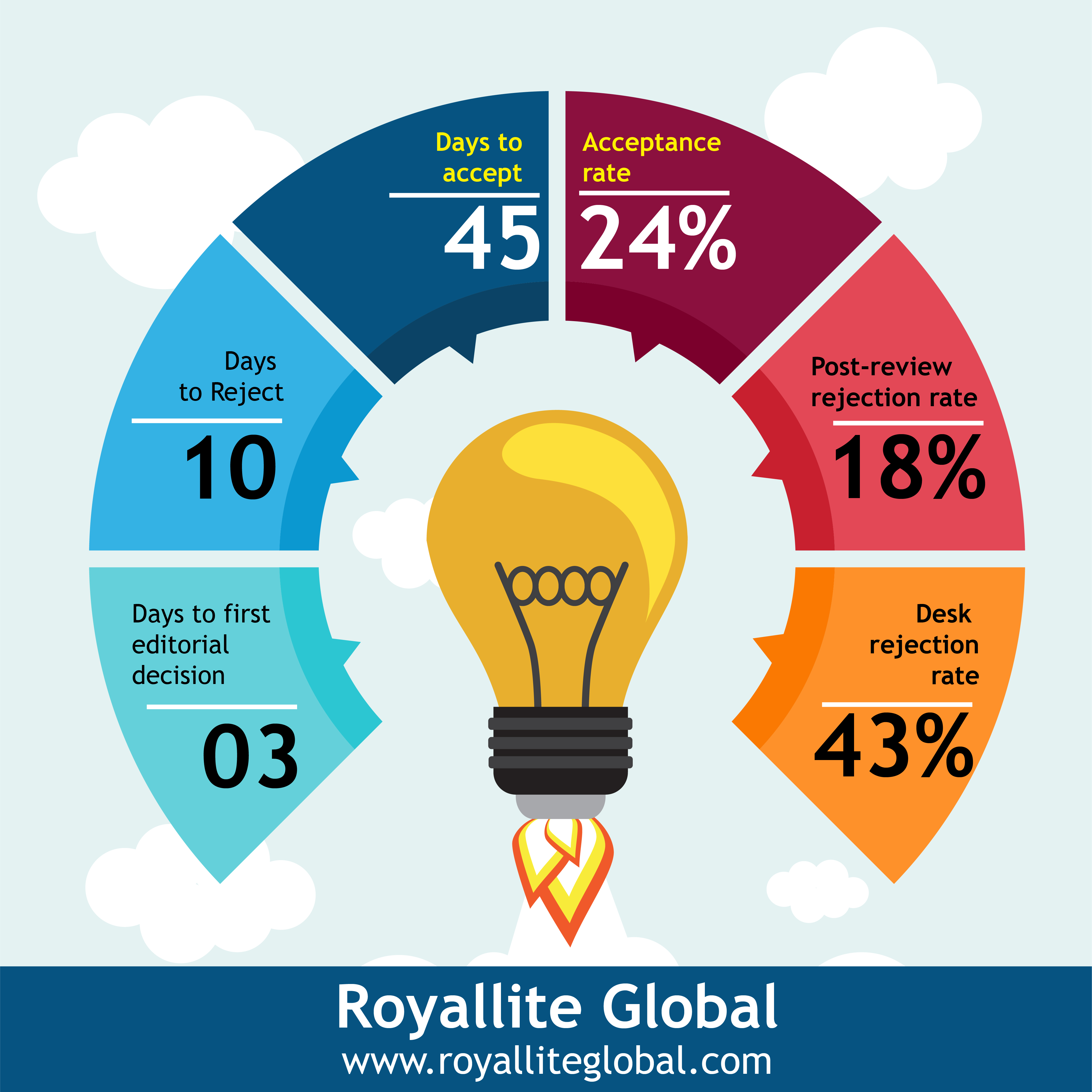Matumizi ya takriri katika uwasilishaji wa mashairi ya Euprase Kezilahabi na Kithaka wa Mberia
Keywords:
commission, parallelism, repetition and hopelessnesAbstract
This paper exploits the use of repetition as stylistic device in the poems of Kezilahabi and Mberia with the intetions of comparison. It comes out clear that some forms of repetition are commonly used by both poets. Repetition as a style assists the artist in the presentation of theme and on the emphasy. Moreover it brings out rhythm in the poetry works. This paper has illustrated broadly on various forms of repetition. Repetition as astyle, has always been used in poetic works. What comes out clear is that even the free verse poetry of Kezilahabi and Mberia exibits this style. Kezilahabi works have some resemblance with the works of Kithaka Wa Mberia on the forms of repetition. It is also clear in this paper that parallelism is an example of repetition. Parallelism in free verse poetry serves a particular perpose.
References
Allen, G. 2000. Intertextuality: New York: Routledge 29 West ss'" Street.
Arnold, M. 1849. The strayed Reveller and other Poems. Fellowers; Ludgate Street.
Babusa, RO. 2005. Vigezo badalia kuhusu uainishaji wa mashairi ya Kiswahii. Tasnifu ya M.A. Chuo Kikuu Cha Kenyatta. (Haijachapishwa)
Bakhtin, M. 1981. Theory of the text. London: Routledge.
Coombes, R 1953. Literature and Criticism. London: Chatto and Windus.
Culler, J. 1982. The Pursuit of signs. London: Rotledge and Kegan Paul.
Hartman, C, 1980. Free Verse: An essay on prosody. London: Princeton University Press Atlanta
Heidigger, M. 1971. Poetry, Language and Thought. New York: Haper and Row publishers
Honora, F. na S. Susan 2012. The reporter Who died Probing. Washington: Amazon.
Indedez, F. N. 2008. Mabadiliko katika umbo la ushairi na athari zake katika ushairi wa
kiswahili. Swahili Forum no. 15 (uk73-94).
Kahigi, K.K na Mulokozi, M. M. 1982. Kunga za ushairi na Diwani ya Yetu. Dar essalam.
Tanzania Publishing House.
Kezilahabi, E. 1973. The Development of Swahili Poetry: 18th_20th Century. Kiswahili Juzuu
/2. TUKI, Chuo Kikuu Cha Dar es salaam.
Kezilabi, E. 1974. Kichomi. London: Heineman.
Kezilahabi, E. 1988. Karibu ndani. Dar es salaam: University Press.
Kiango, J. G 2005. Special Survey Article: African Asia no. 5 (uk 157-166).
Kuhenga, C. 1977. Tamathali za usemi. Dar es Salaam: East Africa Literature Bureau.
Leech, G. 1969. A linguistic Guide toEnglish Poetry. London.Longman.
Leech, G. 2008. Language in Literature. London. Pearson Education Limited.
Mberia, K, 2007. Msimu Wa Tisa. Nairobi: Marimba Publication.
Mberia, K. 2001. Bara Jingine. Nairobi: Marimba Publication.
Published
Issue
Section
License
Copyright (c) 2023 JUMA N. JOB

This work is licensed under a Creative Commons Attribution-NonCommercial-ShareAlike 4.0 International License.
This open-access article is distributed under a Creative Commons Attribution (CC-BY) 4.0 license.
You are free to: Share — copy and redistribute the material in any medium or format. Adapt — remix, transform, and build upon the material for any purpose, even commercially. The licensor cannot revoke these freedoms as long as you follow the license terms.
Under the following terms: Attribution — You must give appropriate credit, provide a link to the license, and indicate if changes were made. You may do so in any reasonable manner, but not in any way that suggests the licensor endorses you or your use.
No additional restrictions You may not apply legal terms or technological measures that legally restrict others from doing anything the license permits.






